|
Our relationships with the communities we work with are at the heart of everything we do. During a recent trip to Makame Wildlife Management Area, several staff members were approached by the District Commissioner about an urgent need for student dormitories at secondary schools in Ndedo and Kijungu villages in Kiteto District. Due to the lack of beds, students are currently sleeping in classrooms or forced to walk up to 10 kilometres from school to home each morning and afternoon in order to attend school, facing the risk of encountering dangerous wildlife. We were invited by the District Commissioner for Kiteto to contribute towards the construction of these dormitories. This ask presented itself at the perfect time as several of our staff had made the decision to climb Makame Hill at the end of the year to explore future tourism opportunities in the area. We decided to turn this climb into a fundraiser to support the construction of domitories. Makame Hill, also known by Ndikira locally, is the tallest mountain in Makame area standing at 1,600 meters. It stands within the Makame WMA, the largest WMA in Tanzania at over 4,500 km2. Makame WMA is made up of five villages of Makame, Ndedo, Ngabolo, Irkiushibor and Katikati and home to over 20,000 pastoralists. On December 23rd, Loure and Lekaita, joined by over a dozen UCRT staff members, set off to climb Makame Hill. They successfully summited and with the support of 27 sponsors, the fundraiser secured enough funds to start building the dormitories at Kijungu and Ndedo Secondary Schools. If you would like to contribute towards this fundraiser, please get in contact with Loure at [email protected]. Makame Hill photo credit: Marc Baker/Carbon Tanzania
1 Comment
The village of Gasaboi lies about 35km off the main road between Babati and Singita. A few decades ago, the area surrounding the village was a wooded acacia forest where pastoralists and wildlife coexisted in relative harmony. Now, the majority of the land has been converted into large scale agriculture, producing much of the countries barley and wheat. UCRT recognizes that land rights, sustainable natural resource management and improved livelihoods go hand-in-hand with economic security. In 2017, UCRT, in collaboration with Oxfam, began a new income generating project, aimed at eliminating poverty at the family level for some of Gasaboi’s most vulnerable members, women and youth. The majority of participants belong to the Datoga tribe, a traditionally agro-pastoralist tribe recognizable for their beautifully hand-beaded clothing. Mesuja, UCRT staff member in Hanang District commented “Due to things like lack of capital or work, young people in rural areas can often spend the entire day sitting. This is not only harmful for them but also for the community. Both of these groups (women and youth) have a lot to contribute their community if given the opportunity. ” The group in Gasaboi is comprised of 50 members, including 25 women and 25 youth. Forty-two acres of land were allotted for the group to plant sunflowers. From this year’s crop, the group is expecting to sell 28 million Tanzanian shillings worth of seeds that will be pressed into oil and an additional 5 million shillings worth of stems for feeding livestock. Maria Alphonce acts as the women’s group sectary. When asked what this project has meant for women like herself she replied “Most women in this community have a hard time getting even a thousand shillings from their husband to feed their family. This project is changing that. My family is happy, I’m able to buy soap and have taken a small loan to build a house made of makuti leaves. Before that, we didn’t have a proper home to live in.” The women were also provided with the resources to begin a small VICOBA (Village Community Banking). Members can take loans to start small businesses, finish repairs on their homes, or pay school fees for children. At 27 years old, Andrew Jacob, the youth group chairman, is intent on this project being a stepping stone towards building a new life for himself. When asked what his thoughts were on women and youth working together he replied with a smile “It’s best to work together. It’s about respect. We are a good influence on each other. The mamas teach us patience.” Caption: The women call themselves umoja - meaning unity in Swahili. They range in age between 30-65.
While this project is still in its early stages, it is safe to say that the results of this partnership between the women and youth community has surprised everyone. By working together, two of this communities most vulnerable groups have managed to increase their income. Martha Paulo, the chairperson for the project said, “We couldn’t have done this as individuals, we did this together.” |
Archives
March 2019
Categories |

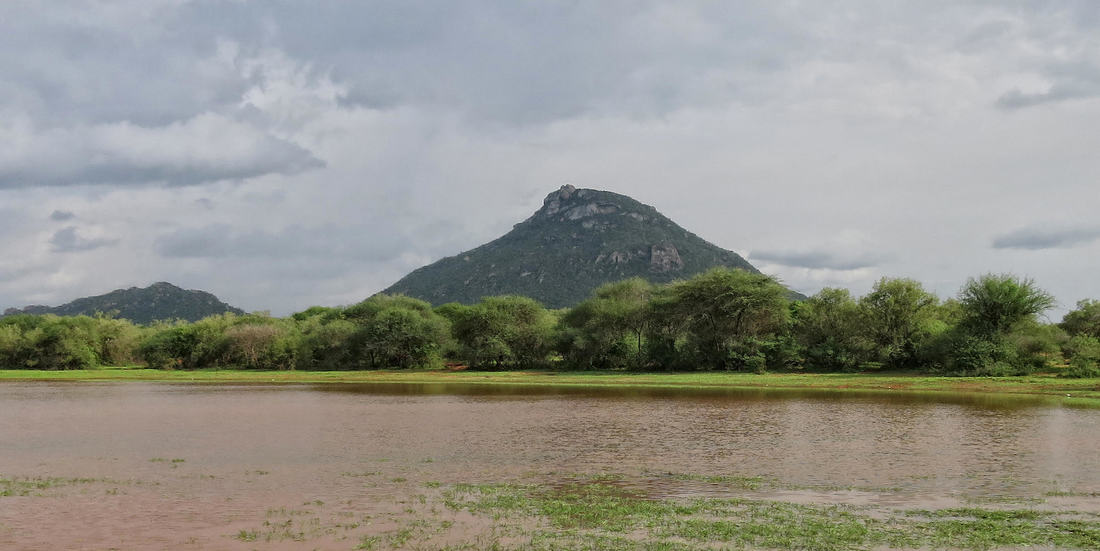
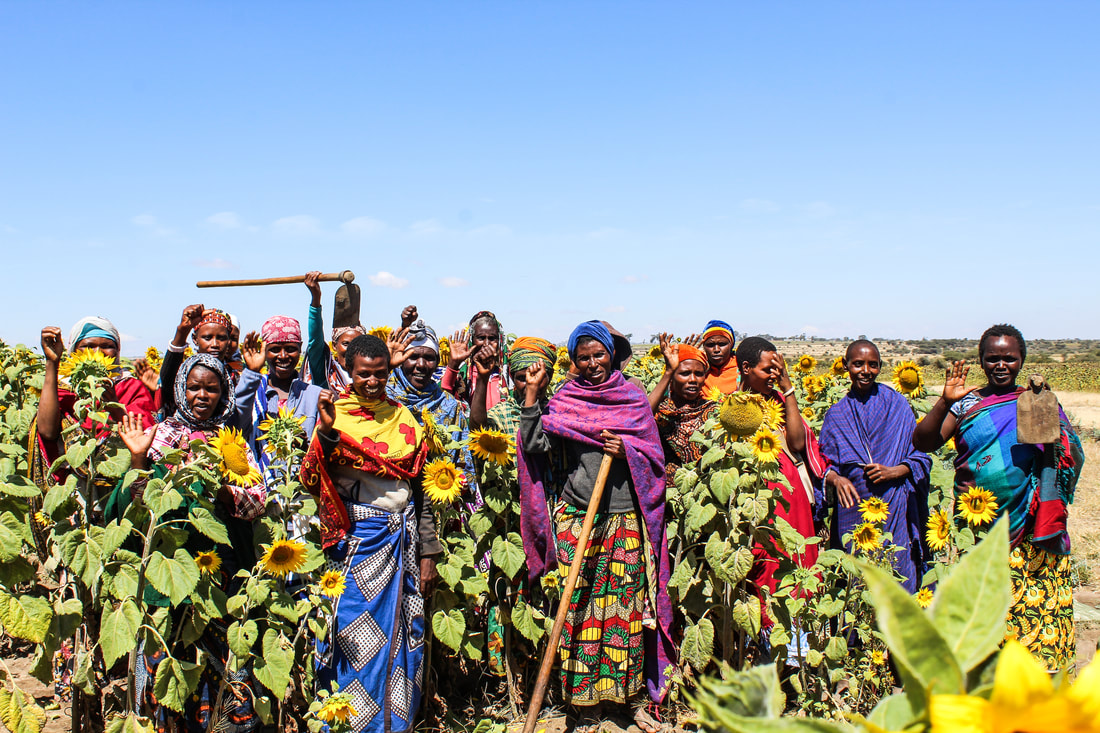
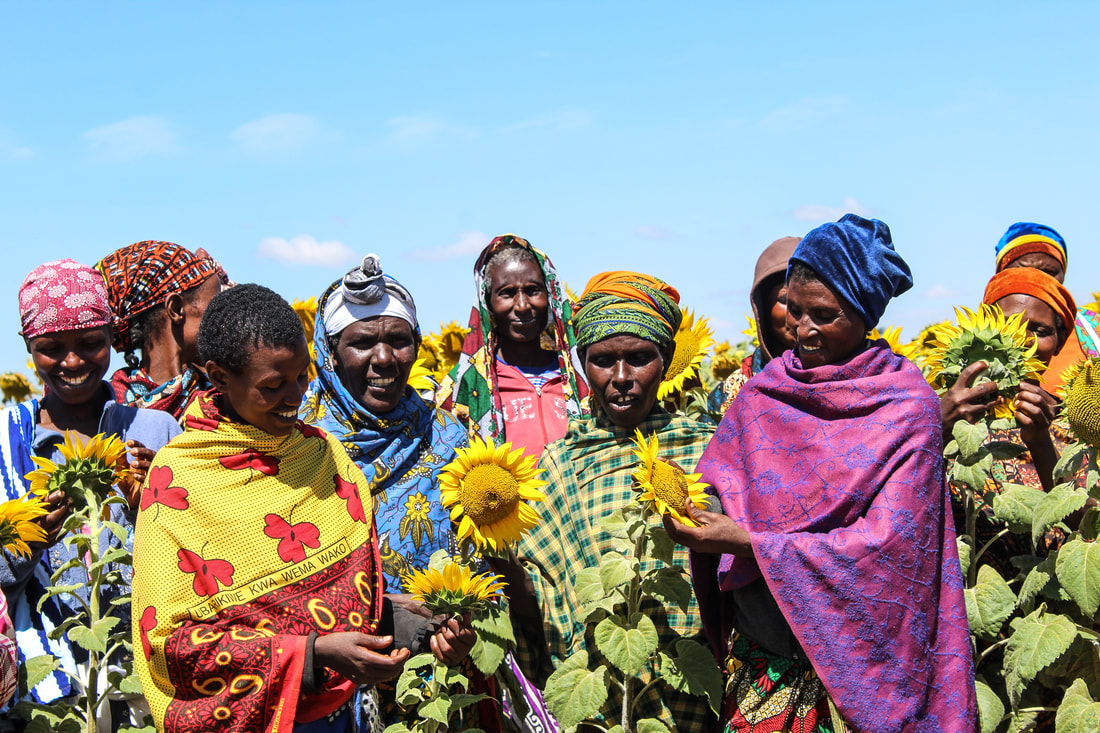
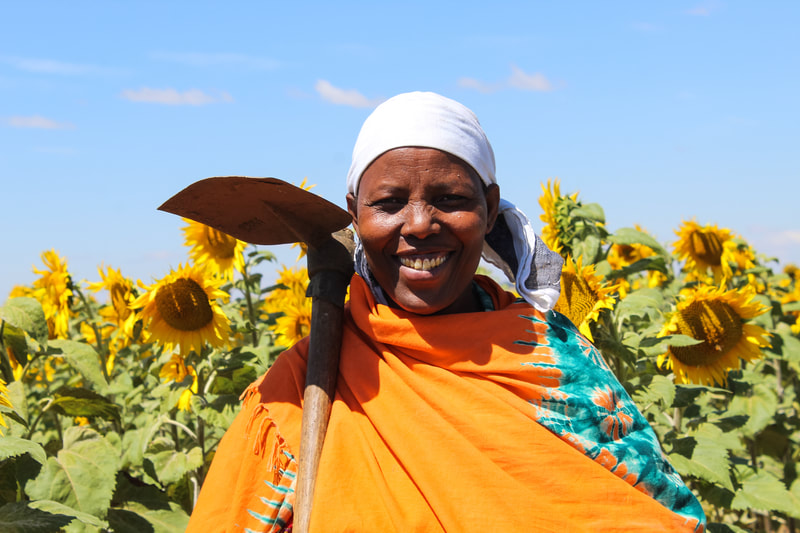
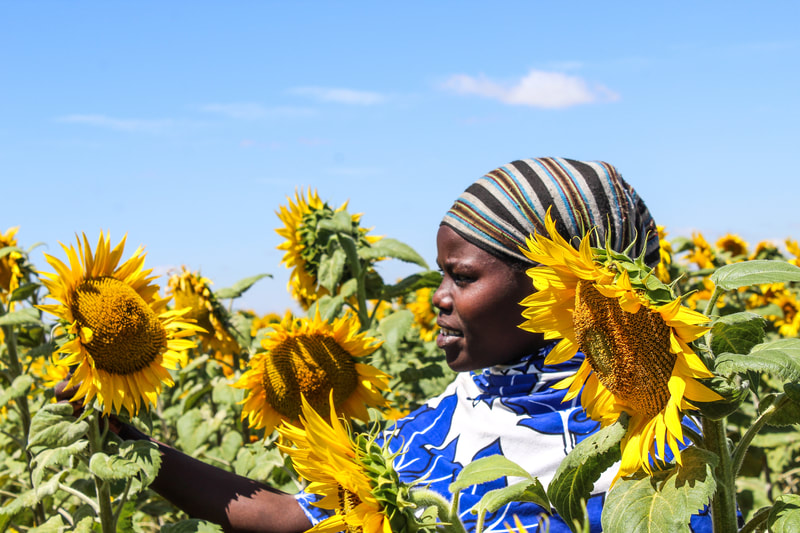
 RSS Feed
RSS Feed
